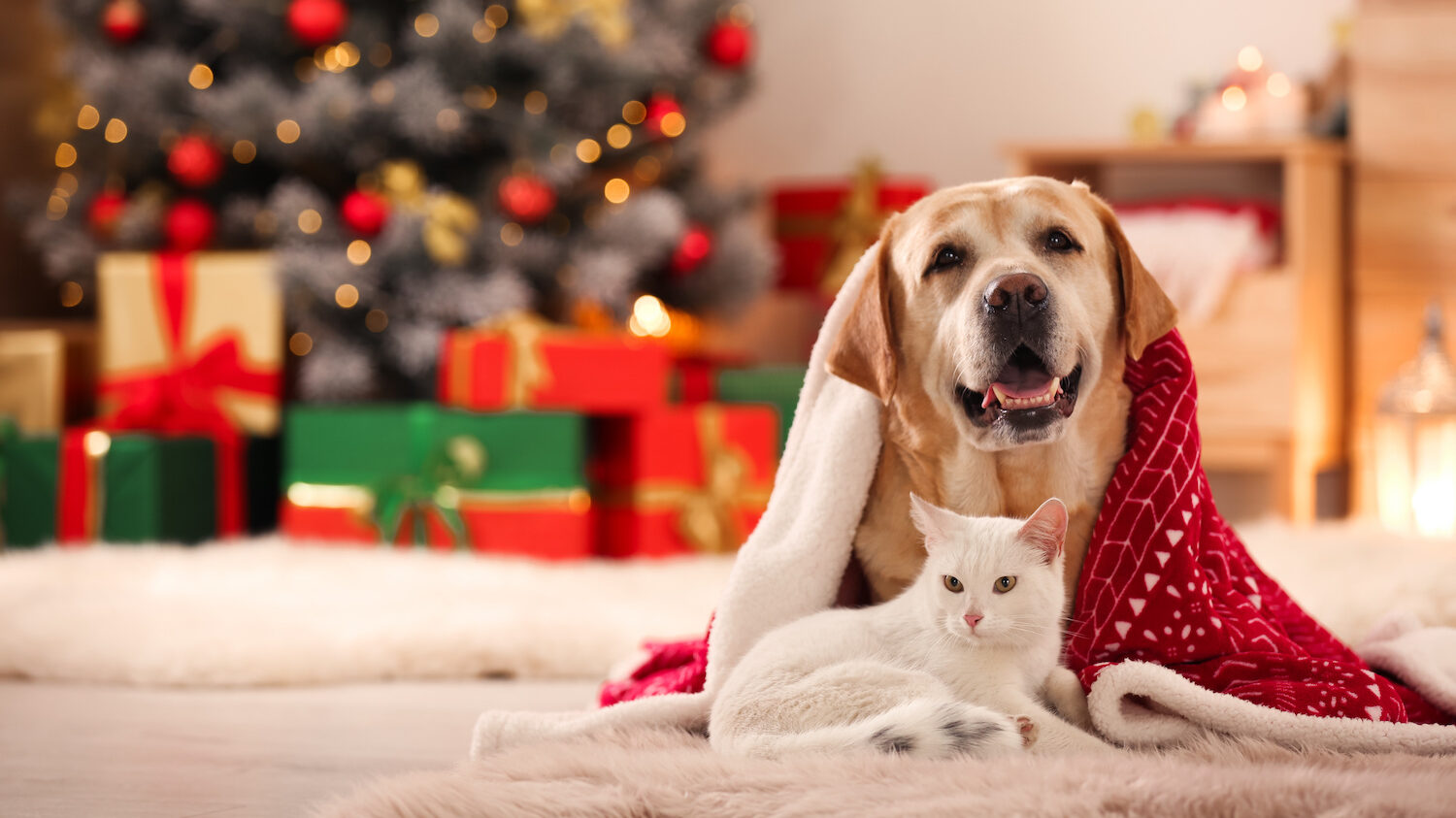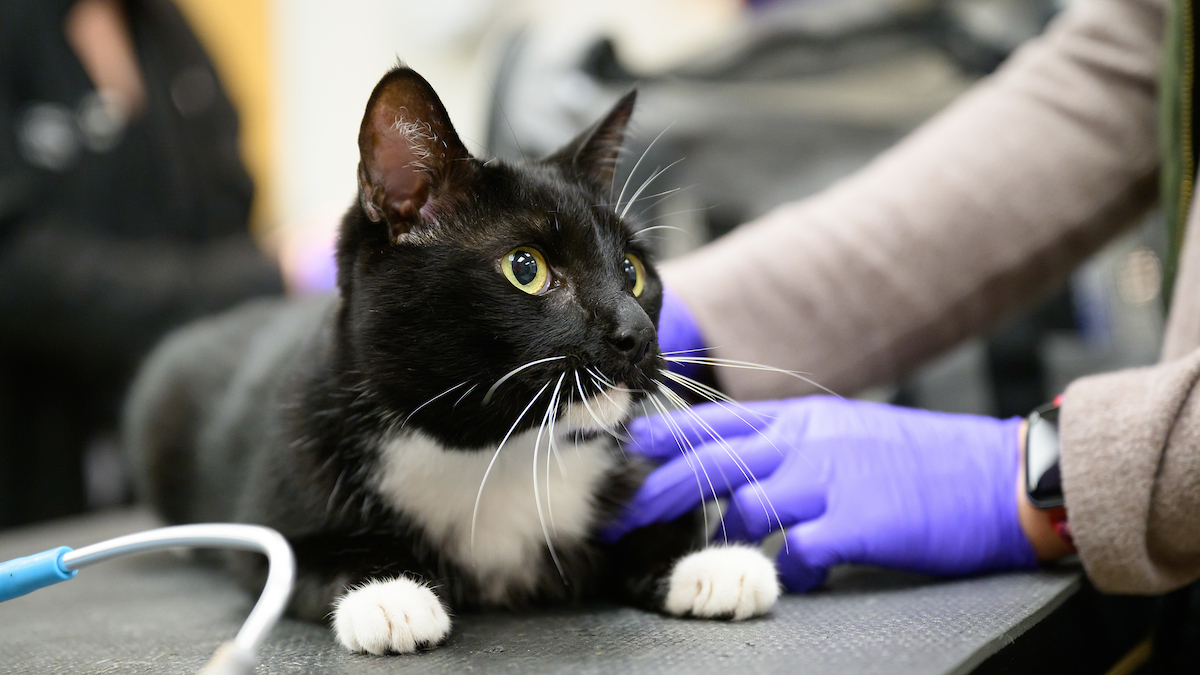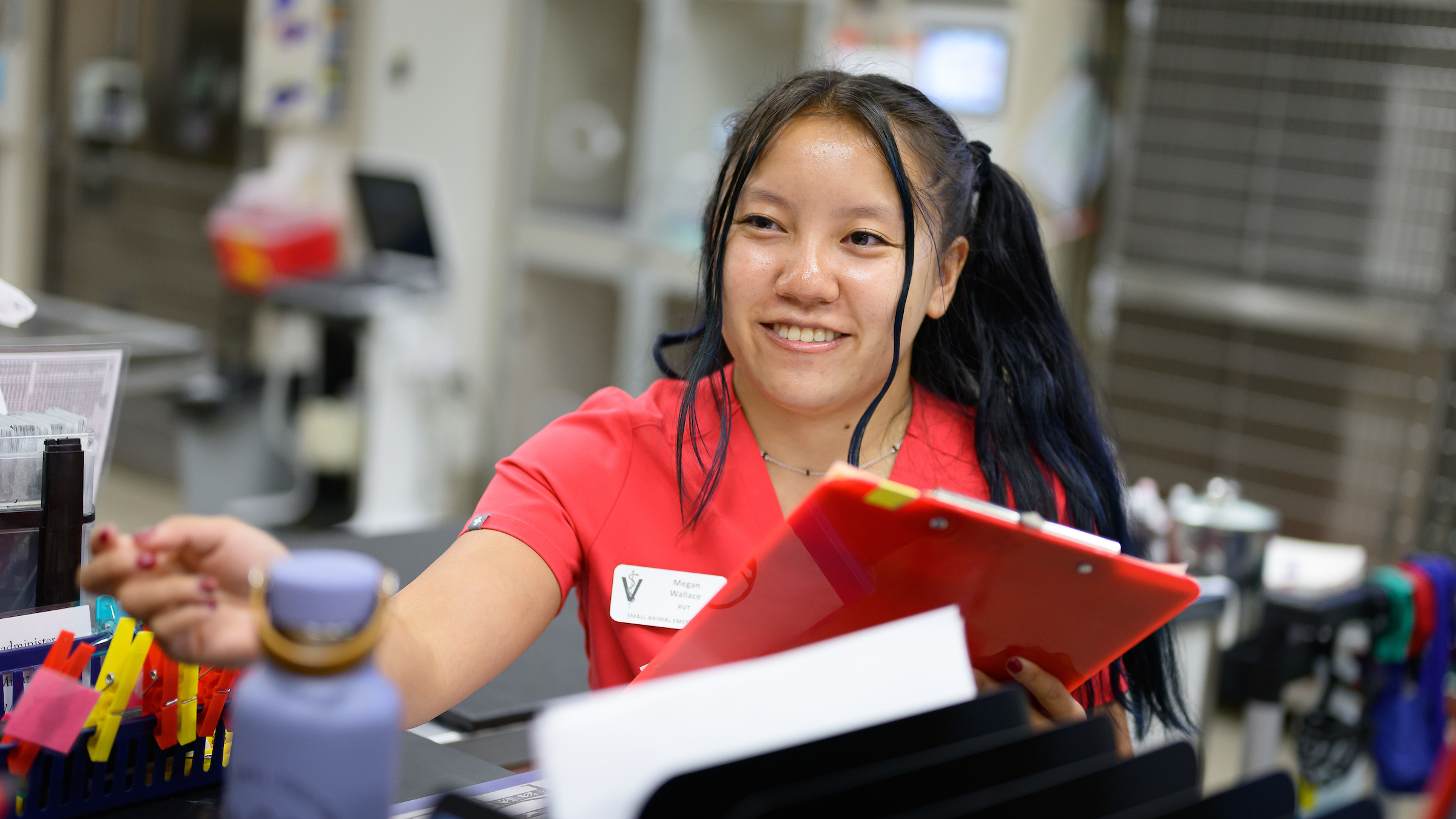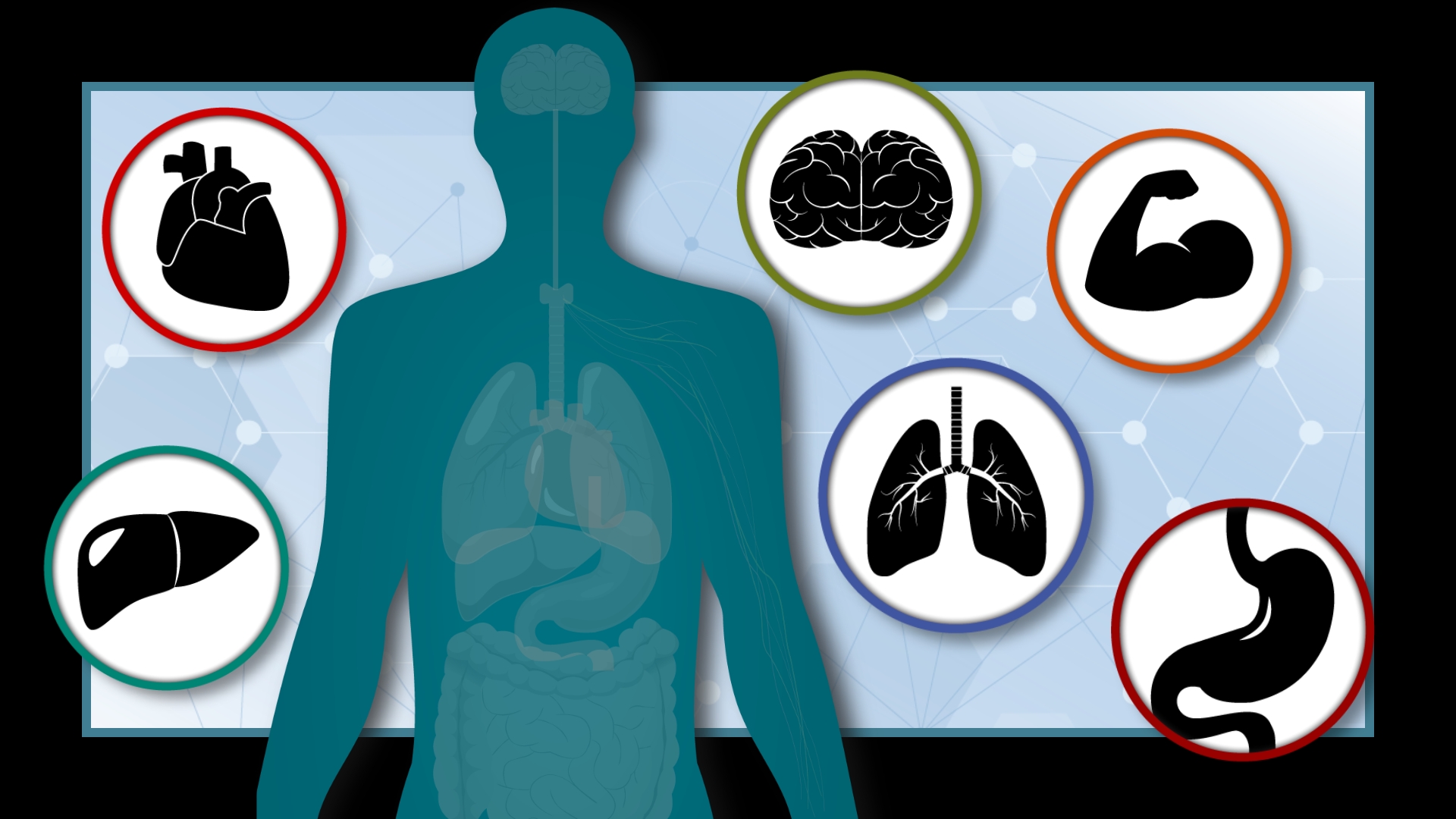No matter what your holiday plans are this year, your pets are probably part of them.
All forms of travel, festive celebrations and chilly weather come with potential hazards to your pet. Here are some of our tips on navigating this holiday season safely with your furry best friends.
General Holiday Hazards
- Watch pets around decorations including ornaments, ribbon, tinsel, gift wrapping, candles, lights and cords. Try decorating the lower portion of the Christmas tree with non-breakable decorations. Cats, for example, particularly like sparkly tinsel, and swallowing it can lead to such issues as dehydration, vomiting or an obstructed digestive tract.
- Keep pets away from holiday plants such as poinsettias, mistletoe, holly and Christmas rose. Mistletoe can lead to cardiovascular and gastrointestinal issues, whole holly may lead to vomiting and nausea. Many types of lilies can lead to kidney failure in cats if eaten.
- Help keep your pet’s stress low. Make sure they have a quiet, safe place if there are more people around or changes in routines. Make sure the room has places for them to snuggle and there is fresh water available.
- Keep people food away from your pet by not giving unhealthy treats or allowing unguarded access to food, leftovers or garbage. Some human foods may be toxic to animals such as onions, grapes, chocolate and coffee. Be sure to leave alcoholic drinks in places pets cannot get to them.
- Most holiday sweets and other baked goods are usually too rich for pets, and xylitol, an artificial sweetener often used in candy and baked goods, can lead to major medical issues for dogs.
- Be careful with toys and gifts designed for people that can be a great temptation for curious pets.
- Consider anchoring Christmas trees. Climbing cats and curious dogs can knock over your tree. Ensure pets cannot access possibly toxic Christmas tree water that may contain preservative chemicals or fertilizers (which can cause diarrhea or nausea).
Traveling
- Don’t forget to bring everything your pet needs, such as food, medications, first aid and copies of their medical records.
- If you’re flying and want to bring your pet with you, it’s best to discuss it first with your veterinarian, since flying can come with health risks for pets, including those with respiratory or cardiovascular issues. Also, be sure to chat with your airline in advance about their specific rules for pet travel.
- If you’re driving, be sure to safely restrain a pet in your car properly with a carrier or harness and never leave them alone. Pets should never be transported in a truck bed.
For more pet safety tips, go to https://cvm.ncsu.edu/nc-state-vet-hospital/pet-owners/pet-safety/
- Categories:



